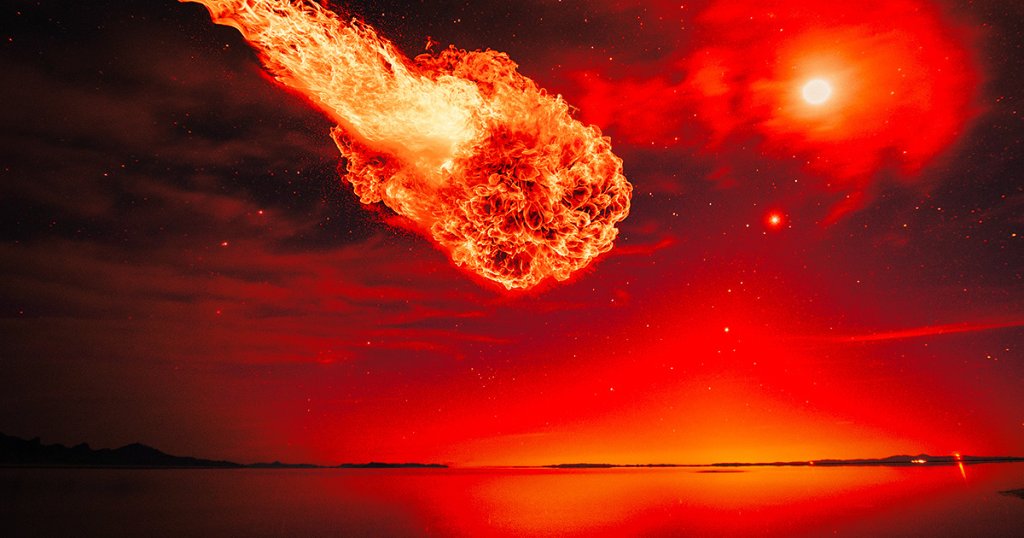That’s one way to handle space junk.
Fire and Fury
Elon Musk’s SpaceX plans to “deorbit” roughly 100 of its older Starlink internet satellites — which means that its technicians will, essentially, guide them to their fiery deaths.
In a statement, the company announced that it’s engaging in this “proactive controlled deorbit” — as opposed to the unplanned orbit ejection that’s occurred when other Starlink satellites have burnt up in the Earth’s atmosphere — of its early operational models.
This effort is taking place, per the statement, as part of Starlink’s commitment to “keeping space safe, sustainable and accessible, protecting astronauts and satellites in orbit and the public on the ground.”
Later in the announcement, SpaceX admitted that it had found “common issue in this small population of satellites that could increase the probability of failure in the future.” Though the statement didn’t expound further on what the issue with this particular batch might be, the company did admit that 17 of its satellites were non-maneuverable and “passively decaying,” so tossing into the orbital incinerator seems reasonable.
While deorbiting the satellites, SpaceX plans to monitor the table-sized crafts to make sure they don’t get in anyone’s way. Barring that, the company’s technicians will, at very least, share “uncertainty prediction information” with other companies whose satellites are junking up low-Earth orbit to make sure they know if something goes haywire.
Math Isn’t Mathing
In the statement, SpaceX bragged that of its nearly 6,000-satellite fleet, only 406 have previously had to be deorbited, and 95 percent of those are already burnt up. When you add in the 100 that are to be deorbited within the next six months, however, that means that more than eight percent of the company’s satellites will have had to be kiboshed, which isn’t exactly a great look for a potential NASA Mars mission contender.
Beyond the satellites that have been forced to self destruct are the many, many instances where Starlink satellites have had to be maneuvered to avoid collisions. As Space.com reported last month, estimates suggest that between June 1 and November 30, 2023, Starlink satellites had to be moved out of the way more than 24,000 times, which means that each one did so six times over that short time period.
Between crowding low-Earth orbit and being forcibly decommissioned in favor of so-called “sustainability,” Musk’s internet satellite company are proving how fast and furious the cheaper end of the space race has become — and how quickly this sort of technology ages out of relevance, too.
More on SpaceX: SpaceX Signs Deal to Launch Private Space Station
Share This Article

